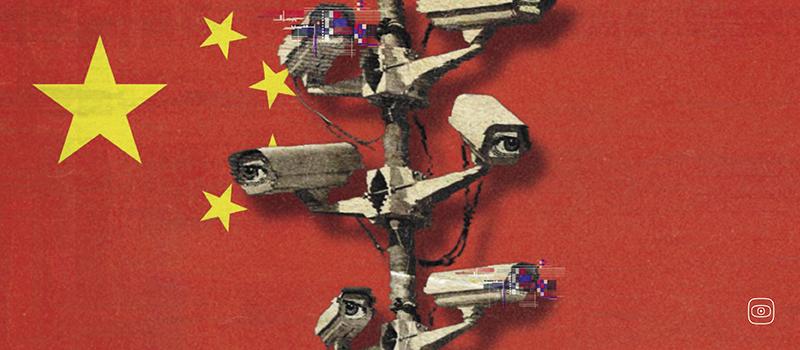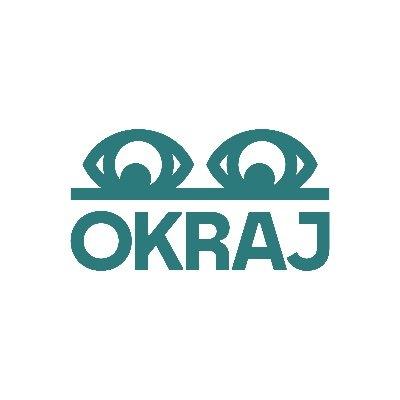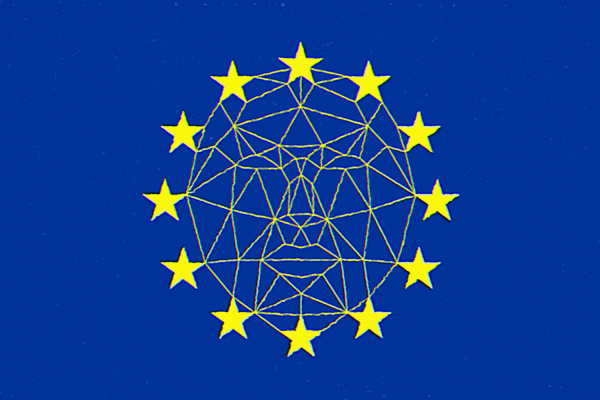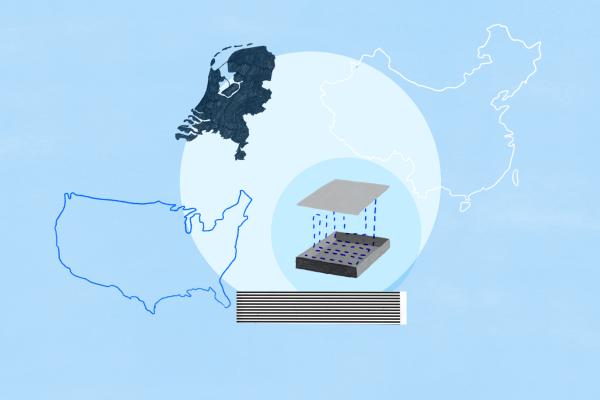In Romania’s Dobrogea, town halls used National Recovery funds from the European Union to buy thousands of Chinese surveillance cameras flagged as security risks throughout the West, amid copy-pasted tenders, evasive officials, and widespread local dissatisfaction.
In the Czech Republic’s Moravian-Silesian Region, the Black Cube, an EU-backed “Center for Digitisation, Science, and Innovation” slated to house a public library, won cross-party praise but raised basic questions about purpose, measurable benefits, and who will actually run it.
Info Sud-Est and Okraj did research and went into the field for both these regions: journalists reviewed procurement files and tender documents, visited affected communities and sites and interviewed officials and locals, among many other things, in order to check the actual, measurable impact of these projects, as well as how they are being ran, and by whom.
Key findings
Romania
- Thousands of Chinese cameras (Hikvision, Dahua, Milesight) installed across Dobrogea, many of them with NRRP/PNRR funds;
- €400M (nationally) earmarked for “smart” local systems helped finance these buys;
- Hikvision/Dahua are sanctioned in the U.S./U.K./Canada, as Chinese law can compel firms to aid state intelligence operations, among other controversies, mostly related to illegal surveillance of Uyghyurs;
- Cameras sit near objectives of critical military importance, from transit routes to Ukraine to an American military base projected to become the largest in Europe;
- Copy-paste specifications and grossly oversized projects (over 100 cameras for localities with hundreds of inhabitants) are common place;
- In some cases, the companies who installed the cameras also wrote the technical specs - a conflict of interest that doesn’t seem to have been addressed according to EU and Romanian legislation;
- Vendors say budgets set by central authorities and requests from town hall drive the big demand for Chinese gear, even though Romanian police and intelligence recommend Axis (Sweden) and Bosch (Germany) instead;
- In many cases, the surveillance systems aren’t being operated by specialised personnel;
The Czech Republic:
- The CZK 2.6 billion Black Cube project still lacks clarity regarding its content, despite being scheduled to commence operations in 2027. It is also uncertain whether it will even be completed by then.
- There are concerns that the project may be nothing more than a marketing product for an elite community, rather than having a real impact on local communities, even though it is a strategic project of the European Just Transition program, which aims to reduce inequalities.
- It is still unclear who will manage the building and how. There are concerns that the Moravian-Silesian Research Library, with more than 70 years of history, for which the building was designed, will be absorbed by the new organisation Černá kostka (Black Cube) with a higher budget.
- “Black AI” (AI oriented platform) has become the most visible part of Black Cube, with the ambition to transform Ostrava into the "digital AI heart of the Czech Republic," even though it was not included in the original JTF criteria and faces the question of whether it is more of a marketing show with a lack of technical depth and a focus on real solutions.
- We have described concerns that the project will not be supported by the regional capital, while deepening the gap between other cities in the region.
Image by Delia Dascălu.








